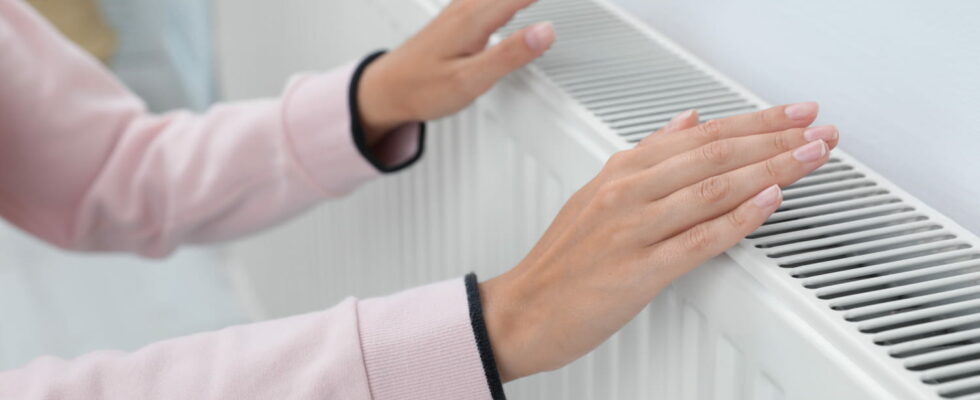No one wants to have a cold house in the middle of winter. So to prevent your radiators from heating up poorly, here are three simple actions that you can do now.
With the arrival of winter temperatures, it is essential to optimize the operation of your radiators to benefit from rapid and uniform heat. Radiators that heat poorly in the middle of winter can quickly become hell in terms of comfort and well-being at home! So if you’re struggling to stay warm in your home because of radiators that won’t heat, there are a few simple things you can do now to get them working as they should.
Surprisingly, most radiator problems can be easily fixed without needing to call a plumber. There are many ways to make your appliances more efficient and heat them more quickly, without changing boilers or making expensive repairs.
Have you thought about bleeding your radiators? This is the first thing plumbers advise. Purging is an essential step to guarantee good circulation of hot water in your radiators. Over time, air bubbles can build up in the circuit, preventing water from circulating properly. Result: your radiator heats less or unevenly.
How to do it? Locate the bleeder screw (usually on the side of the radiator). Place a container underneath to collect the water. Turn the screw until air escapes. Once water is flowing continuously, close the screw. This operation, to be carried out at least once a year (ideally before winter), ensures faster and more even heating.

Then, plumbers advise cleaning and dusting the radiators, but also clearing the space around the radiators so that hot air circulates better. Indeed, dust, often neglected, acts as a thermal barrier. It slows the spread of heat throughout the room, forcing your heating system to work harder to reach the desired temperature.
Finally, it is important to check the boiler pressure. Inadequate pressure in the central heating system can slow the rise in temperature of the radiators. Most boilers operate optimally with a pressure between 1 and 2 bars. The steps to follow are as follows. Check your boiler pressure gauge. If the pressure is too low, add water to the circuit using the boiler fill valve. If you notice frequent pressure variations, call a professional for a diagnosis.
Finally, adopt good habits to maximize the efficiency of your radiators. Do not cover them with furniture or curtains, this blocks the diffusion of heat. You can also use reflective film behind radiators to reflect heat back into the room.
